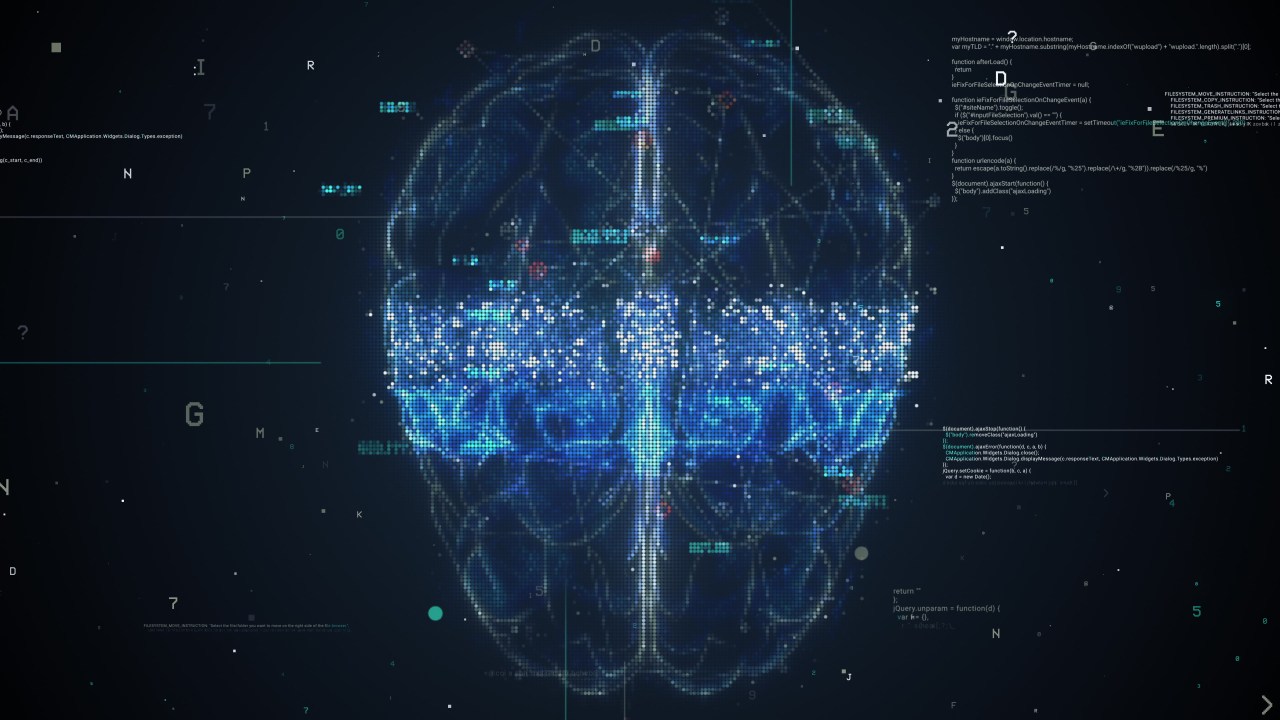In an evolving landscape of healthcare technology, where artificial intelligence meets clinical practice, the synergy between innovation and functionality is paramount. The recent acquisition of Nines by Sirona Medical is a bold statement of intent: a transformative approach to radiology’s IT infrastructure. This blog delves into the underlying motivations of this acquisition, the implications for radiology practices, and what it signifies for the future of AI in healthcare.
Changing the Game with a New Framework
At the heart of this acquisition is Sirona Medical’s ambition to create a cohesive operating system for digital radiology, aptly named RadOS. The approach can be likened to constructing a layer cake, where each layer represents a core component of radiology’s IT architecture. The foundation comprises medical image databases, layered with user-friendly software that radiologists interact with daily, topped off by AI algorithms designed to bolster decision-making.
By integrating Nines’ FDA-cleared algorithms, which facilitate lung nodule measurement and brain CT scans for intracranial hemorrhage, Sirona aims to enhance the operational workflow of clinicians significantly. Prospectively, this means radiologists will experience seamless interaction between imaging data and clinical documentation, enabling them to transition effortlessly from analyzing an annotated image to directly inserting relevant measurements into patient reports.
Tackling Legacy Challenges
The delayed adoption of AI in radiology can be traced back to underlying legacy technologies that inhibit integration. Sirona’s CEO, Cameron Andrews, pointed out that many radiologists juggle multiple software applications, complicating the adoption of new AI tools. This fragmented system creates hurdles for clinicians wishing to utilize advanced algorithms in their day-to-day practices.
To address these issues head-on, Sirona’s strategy focuses on unifying essential components of radiology technology into a singular, efficient framework. A crucial piece of the puzzle is Nines’ clinical data pipeline, along with its workflow management and analytics tools. However, it is noteworthy that Sirona chose not to absorb Nines’ teleradiology arm, signifying a focused effort to concentrate solely on technological integration rather than the provision of radiology services.
Envisioning an Integrated Future
The aspiration behind merging these technologies is clear: to foster a synergistic environment where AI and clinical operations coexist harmoniously. By harnessing the power of bi-directional data connectivity—where pixels in imaging data can directly link to corresponding clinical narratives—Sirona is setting the stage for a more efficient medical environment. This not only assists in expediting processes but also in reducing the potential for errors.
While skepticism remains about the anticipated revolution in AI-driven radiology, the enthusiasm is palpable among key stakeholders. Companies like Radnet are expanding their AI capabilities, reflecting a belief in the transformative potential of technology. As healthcare systems increasingly seek to integrate AI into their processes, it becomes vital to have solid underpinnings, such as what RadOS promises to deliver.
Conclusion: A Leap Towards the Future
The acquisition of Nines by Sirona Medical marks a pivotal moment in radiology, aiming to reshape the interplay between technology and clinical workflow. This strategic move underscores a commitment to enhancing radiologists’ capabilities through a well-integrated system that supports AI algorithms designed to augment decision-making processes.
As the medical community continues to engage with these developments, the focus will remain on adaptability, efficiency, and the need for seamless integration of new tools into existing frameworks. The future may be fraught with challenges, yet the promise of a united and supportive technological environment hints at a brighter horizon for AI in healthcare.
At fxis.ai, we believe that such advancements are crucial for the future of AI, as they enable more comprehensive and effective solutions. Our team is continually exploring new methodologies to push the envelope in artificial intelligence, ensuring that our clients benefit from the latest technological innovations.
For more insights, updates, or to collaborate on AI development projects, stay connected with fxis.ai.

